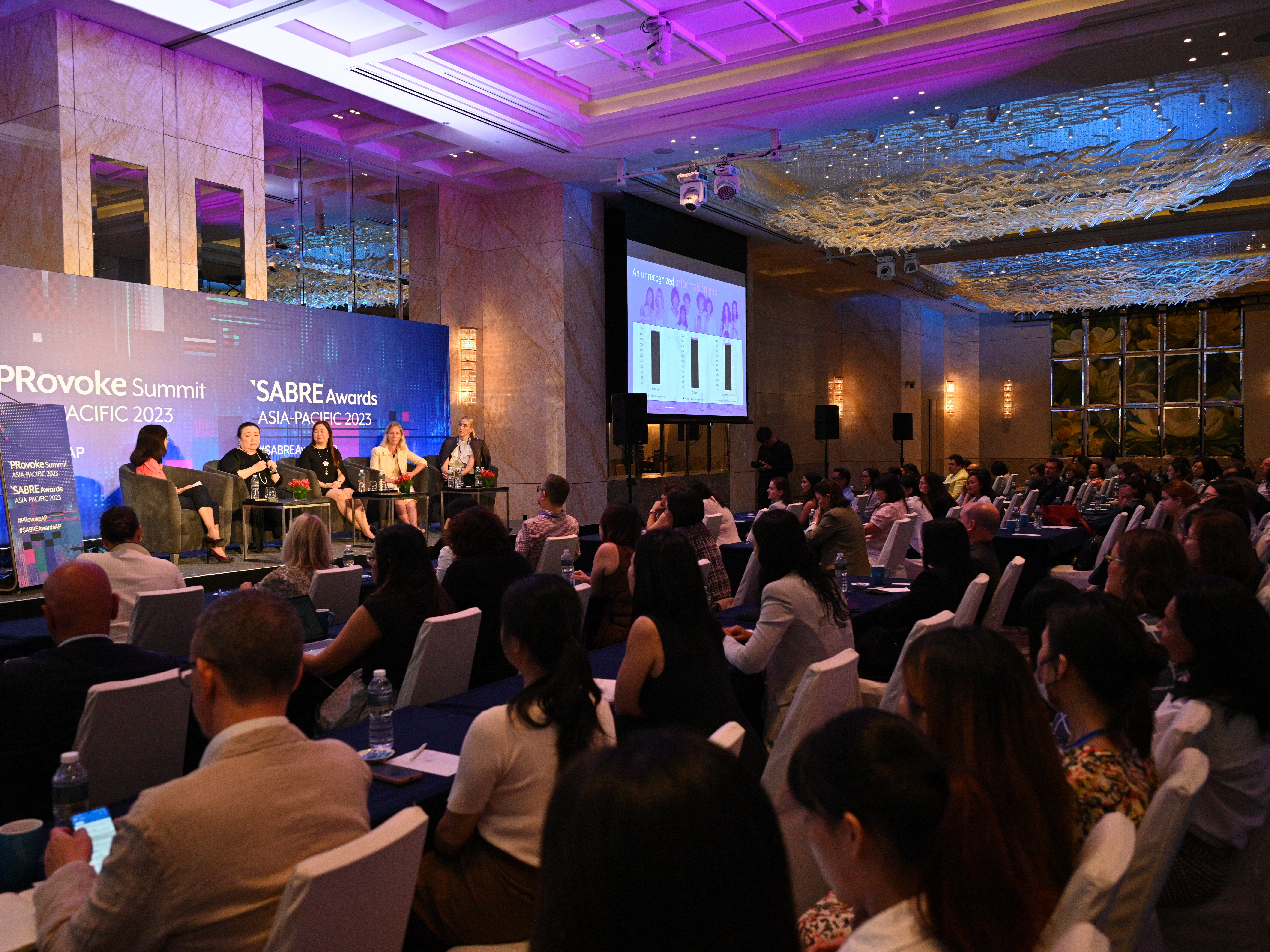Arun Sudhaman 27 Sep 2023 // 7:08AM GMT

SINGAPORE — Investment and education are required to bridge the critical information gap around women's health in Asia, heard delegates at PRovoke's Asia-Pacific Summit in Singapore today.
In a session moderated by Weber Shandwick chief client officer Vanessa Ho Nikolovski, a series of troubling findings were presented relating to several diseases. For example, the number of people living with dementia is expected to triple by 2050, but this affects two times as many women as men.
Despite that prevalence, less than two percent of all online content on Alzheimer's disease addresses the needs of women. The same information gap is seen in diabetes and rheumatoid arthritis. Where the latter condition is concerned, less than four percent of online content is specific to women.
In consumer healthcare, meanwhile, 80% of purchasing decisions are made by women, yet only one percent of healthcare spend and research is on female specific conditions, beyond oncology.
This information gap is exacerbated, said Haleon consumer science and product experience lead Katherine Mendoza, by continued "stigmatisation and misunderstanding of female-specific conditions", such as menstrual pains and the menopause.
To tackle these issues, said UN Women president Georgette Tan, start with education. "Women don’t report if they are in pain," she said. "If we start with that as the premise, we need to change that mindset. That’s what you all can do."
Private companies can also make a significant impact, said Organon regional president Kaja Natland. "Many of the companies you represent, or your clients, will have policies in place to support women as employees. That’s the first thing I would call for everyone to get in place. Even more important, we need to ensure we have a corporate culture that allows women to use these policies. We have to make sure we work in companies that support women to use these rights"
Ultimately, said Lindsay Davis, who founded FemTech Association Asia, greater investment is required both in terms of research and influence. "What it comes down to is investment in funding and R&D," she said. "Clinical trials are very expensive. It’s also investment in knowledge, media coverage and partnerships."



































.jpg)

















